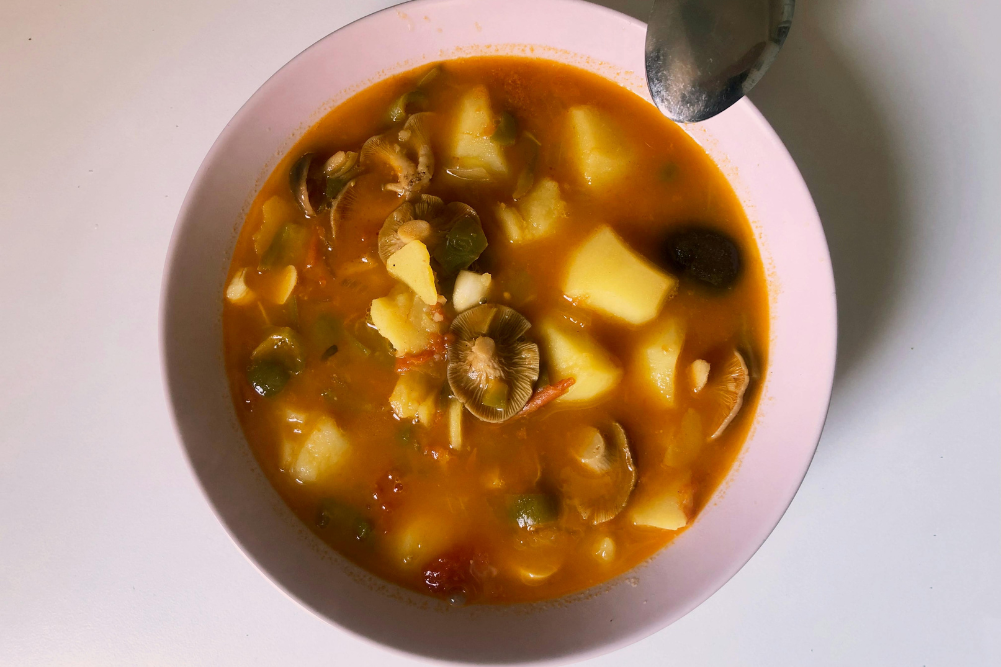Another reason why coffee during pregnancy puts children at risk
One of the things that pregnant women forego or restrict is coffee consumption.
While moderate coffee (caffeine) consumption – less than 200 mg per day – is deemed as safe according to Australian guidelines, researchers from Sweden now tell us that even moderate coffee consumption during pregnancy can put children at risk.
Researchers found that even one or two cups of coffee per day, is related to overweight or obesity in school age children.
The researchers found that children born to mothers who consumed caffeine during pregnancy are at a greater risk of being overweight at preschool and school ages.
The researchers in collaboration with the Norwegian Institute of Public Health, studied information about average caffeine intake assessed at mid-pregnancy from 50, 943 mothers recruited from 2002 to 2008.
The researchers found that children born to mothers who consumed caffeine during pregnancy are at a greater risk of being overweight at preschool and school ages.
The children were followed till they were eight years old.
The researchers found that that at age five, children who were overweight or obese was five percent greater in the group of mothers that had the highest caffeine consumption compared to the group with the lowest caffeine consumption in the study.
The same link between caffeine consumption and risk of obesity or overweight in children was seen in women who followed the recommended caffeine consumption guidelines in Sweden.
In Sweden women should not consume more than 300 mg of caffeine per day when they are pregnant.
Being overweight in childhood has been previously linked to increased risk of cardiovascular disease and Type 2 diabetes.
In this study coffee, tea, energy drinks, chocolate and other sources of caffeine were included unlike two other previous studies that support the findings of the current study.
The gestational period is an important phase when foetal growth and development is influenced by the gestational environment which is a key determinant for development of obesity and long-term metabolic programming.
Even though the study does not show that caffeine is the direct cause of children being overweight, it does show a relationship between the two.
Researchers encourage pregnant women to be cautious when it comes to caffeine consumption.
When there is even a slight risk associated with caffeine consumption it best to limit or refrain from it completely during pregnancy.
After all caffeine is not a necessity – that it needs to be consumed.
Source: BMJ Open








